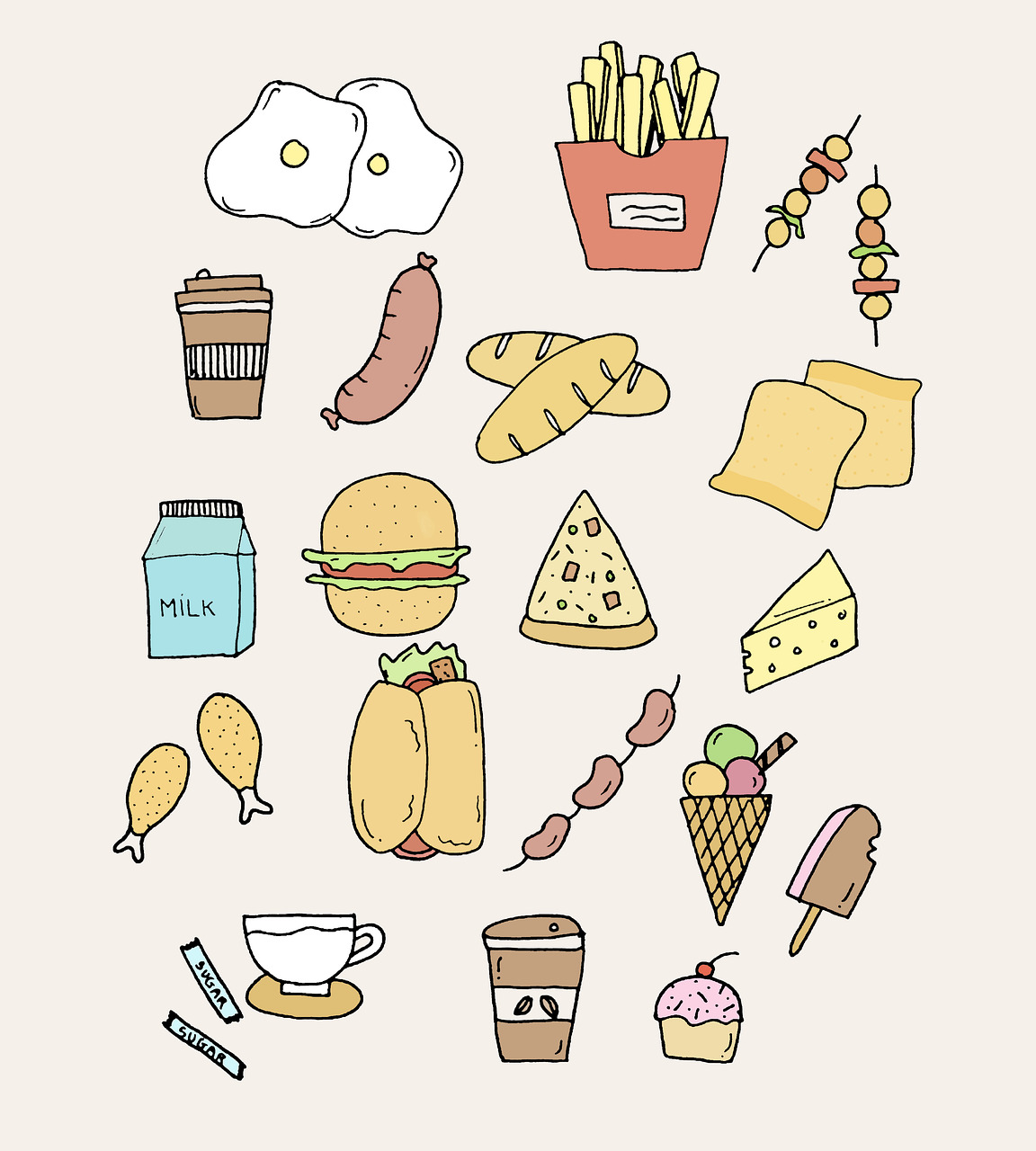After taking stock of consumer issues and trying to imagine the society of tomorrow, look at the food of the French. A sensitive subject, at the heart of the essential questions of our daily life: budget, collective life, health, and increasingly respect for the environment. In the country presented as that of gastronomy, what place does food really occupy in the life of the French, how do they manage it, how do they prepare it, what are their habits in this matter?
Food in French culture, between sharing and transmission
Most French people say they have mainly learned to cook alongside their mother 56%, thanks to recipe books 47% or by testing their own culinary ideas 23%. While few of them talk about blogs and social networks 12% or YouTube channels 10%, these are particularly cited by younger people, where they are important relays of the culinary tradition. The father is no longer on his side that a rather weak relay of this tradition 9%.
This video can explain it more:
When it comes to cooking, French people like to rely on their own creativity. 65% say they regularly create new dishes from leftovers, and 56% that they frequently invent new recipes. In terms of sources of inspiration, they are numerous and dynamic, and the French multiply the channels of access. Internet is one without, real surprise 63%, but the exchange of revenues with loved ones remains common, in front of the web 64%. The French are no less fond of cooking shows: 46% watch or listen regularly, or reality TV related to cooking: 34%, and up to 44% among young people. Emissions of which they eventually reproduce the revenues for 39% of them.
Cooking: pleasure and nothing but pleasure?
Cooking is a pleasure for the French, who demonstrate it by eating most of the meals they have prepared themselves 94% do it at least once a week, 59% every day or almost. Ready meals nevertheless occupy a significant place in their diet 41% estimate eating industrial ready meals at least once a week, as well as snacking 42% that replaces some meals, even more frequently among men and younger people. These two populations, more inclined to consider that food issues represent constraints, tend to find alternative solutions to not cook themselves.
Among these solutions to facilitate their daily diet, some practices are making their way into the habits of the French, who are 19% to declare to be subscribers to services of delivery of baskets of fresh products, vegetables, meat, fish, etc. At home, at a relay point or at their workplace. 18% say they use turnkey food preparation kits, and 14% have taken cooking classes. Online or in person, to improve their know-how. Younger people and men are more likely to resort to prepared meals or home delivery services, and show interest in these different services.

